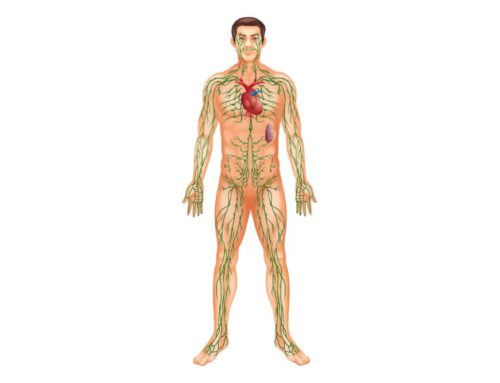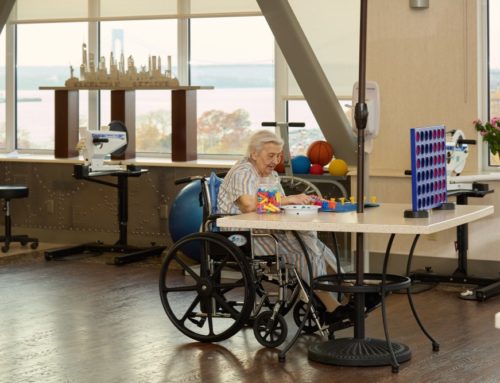Feeling tired is expected after staying up late or when you’re physically active throughout the day. After a good night’s sleep, the fatigue is usually gone, and you’re back to your old self. Unfortunately, sudden extreme fatigue can be severe, especially in seniors. If you feel more tired than usual for long periods, an unknown medical issue may be the cause. Issues with specific organs could lead to severe fatigue. The thyroid, liver and brain are possible contributors, but heart and lung conditions are the most common cause.
If this condition becomes serious, your doctor may recommend cardiac care or cardiopulmonary. These two will include evaluation, physical activities, IV therapy, and other treatments, depending on your condition, and help combat fatigue-related heart and lung problems.
For more information on how poor organ health causes fatigue, keep reading.

Organs That Cause Sudden Extreme Fatigue
Various lifestyle habits lead to fatigue, though many causes are easily remedied. A few simple alterations or a visit to your doctor gets you back to your usual well-rested self. Unfortunately, when involving organs, a more serious discussion is required. So, which organs cause chronic fatigue?
Heart issues, including heart disease, heart failure, or postural orthostatic tachycardia syndrome (POTS), commonly cause severe fatigue. Lung problems and liver disease are possible contributors. Problems with the kidneys or thyroid may result in chronic fatigue, as can traumatic brain injuries.
What deficiency causes extreme fatigue?
Another possible cause of sudden extreme fatigue is a vitamin or mineral deficiency. A lack of iron is the most serious since it results in a lack of red blood cells. Without proper iron levels, oxygen in the blood is depleted, as is the protein hemoglobin. The result is anemia, which includes symptoms like physical and mental fatigue, weakness, dizziness, and shortness of breath.
To combat low iron levels, your doctor may recommend iron supplements. Altering your diet to include iron-rich foods also normalizes iron levels. A medical professional will instruct you on the proper amounts to ensure you aren’t overdoing it.
Lacking vitamins B12 and D may cause serious fatigue issues. Vitamin B12 is associated with the production of red blood cells, and low levels could result in anemia. Like with low iron, oral supplements or dietary changes are required to replenish B12 in the body.
A lack of vitamin D decreases bone and muscle strength. Luckily, you can get vitamin D from sunlight by spending 10 to 15 minutes outside each day. Ingesting some fish types, milk, breakfast cereals, and orange juice or adding supplements to your diet is also recommended.
How do you know when fatigue is serious?
Often extreme fatigue is experienced after surgery. Though it’s normal to feel tired sometimes, there are ways to tell if the issue is serious. One way is if the sudden extreme fatigue lasts for a few days for no apparent reason.
Difficulty performing work or home activities and weight loss are symptoms to be concerned with. Those over the age of 65 are more likely to experience fatigue caused by medical issues. Speak to your doctor if you experience these symptoms.
Resources:
https://my.clevelandclinic.org/health/symptoms/21206-fatigue
https://www.mayoclinic.org/symptoms/fatigue/basics/causes/sym-20050894
https://www.ncbi.nlm.nih.gov/pmc/articles/PMC2582971/
https://www.health.harvard.edu/mind-and-mood/could-a-vitamin-or-mineral-deficiency-be-behind-your-fatigue
https://health.wayne.edu/are-you-tired-all-the-time/#:~:text=Possible%20culprit%3A%20A%20vitamin%20or,is%20deficient%20in%20vitamin%20D
This content comprises informative and educational resources only and can not be considered as a substitute for professional health or medical guidance. Reliance on any information provided in this article is solely at your own risk. If you have any inquiries or apprehensions about your medical condition or health goals, talk with a licensed physician or healthcare provider.






Leave A Comment